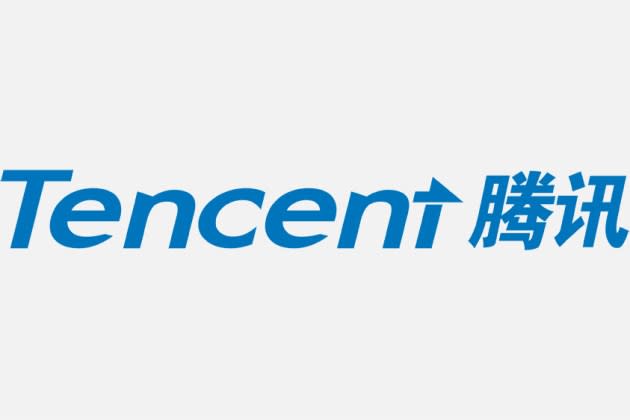Tencent’s Earnings Flattened by China Economic Slowdown, Games Weakness

Tencent, which operates China’s largest social media network and is the world’s largest games company by revenue, generated $5.5 billion (RMB51.6 billion) of profit in the third quarter of its financial year. That was earned from gross revenues of $19.7 billion (RMB140 billion).
The July to September numbers represented a 2% year-on-year decrease in revenue and a 3% year-on-year decrease in profits. Using the group’s preferred non-IFRS accounting method profits were up 3% to $4.7 billion (RMB33.4 billion).
More from Variety
China Box Office: 'The Tipping Point' Makes Nearly $9 Million Debut
'Where the Crawdads Sing' Sets Theatrical Release Date in China
China Box Office Slows Further, Now Trailing 2019 by More Than Half
“During the third quarter, we started to benefit from the adjustments that we have made to reposition ourselves for a new industry paradigm. We activated in-feed advertisements in video accounts, achieved breakthroughs in international games publishing, and executed cost efficiency initiatives which re-focused us on core activities and controlled our cost growth. As a result, we achieved year-over-year growth in non-IFRS earnings after four quarters of decline,” said Pony Ma Huateng, Tencent’s chairman and CEO.
The results were nevertheless scarred by the impact of economic slowdown and regulatory hurdles – even if the group says it sees signs of regulatory headaches easing.
Subscription revenues decreased 3% to RMB72.7 billion in the quarter. The company’s Chinese games business declined by 7% to RMB31.2 billion and online advertising weakened by 5% to RMB21.5 billion.
Social networks revenues decreased by 2% to RMB29.8 billion, reflecting increased revenues from video accounts live streaming service and music subscription service, but slightly outweighed by decreased revenues from music- and games-related live streaming services and at the Tencent Video subscription service.
Tencent Video, China’s biggest streaming service, saw subscriptions drop by 2 million since June to 120 million at the end of September. It blamed this on “content scheduling delays,” and noted that average revenue per subscriber rose due to price increases. Content highlights in the period included self-commissioned drama series “Love Like the Galaxy,” which ranked first by video views across all online platforms in China.
In the games businesses Tencent saw decreased revenues from “Honour of Kings” and “Peacekeeper Elite,” influenced by China’s minor protection measures, balanced out by incremental revenues from recently launched “League of Legends: Wild Rift,” “Return to Empire,” and “League of Legends Esports Manager.”
Among the other positives were the performance of the group’s financial and business services operations and the continued incremental growth of the social media platform WeChat-Weixin, which surpassed 1.3 billion users worldwide.
The group said that it will cut the majority of its stake in Meituan, the separately-listed delivery and group shopping service. It will offer Meituan shares as an in-kind dividend to Tencent shareholders.
On a conference call following publication of the results, management said that it has shifted its games strategy towards fewer, but larger titles that can have a bigger impact and international reach. Its Chinese games business would improve if one of three things were to change: an increase in licence approvals by the government, an easing of the minors’ protection measures, or a general macro-economic upturn.
Management suggested that, after some two years of regulatory tightening within China, there are growing signs of normality. These include a cautious resumption of games licensing and recent approval for a joint venture with mobile telecoms group China Unicom, which could be read as an easing of the government’s anti-trust crackdown on the country’s tech giants.
Tencent’s shares have been on a roller-coaster ride. They tumbled by more than 70% from their all-time peak in February 2021 to recent lows at the end of October, as result of the combined effect of regulation, China’s tough anti-COVID measures and the measures impact on the direction of the Chinese economy.
But in the last two weeks the stock has surged by nearly 50% from HK$200 to HK$294 per share, following vaguely positive interpretations of the Communist Party conference, slightly eased COVID restrictions (despite rising case numbers) and renewed optimism about China’s international relations.
Best of Variety
Sign up for Variety’s Newsletter. For the latest news, follow us on Facebook, Twitter, and Instagram.

